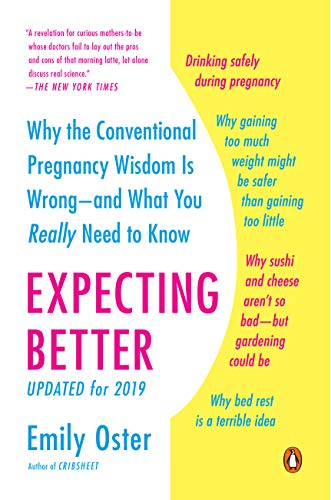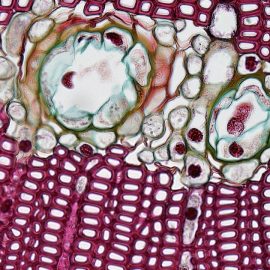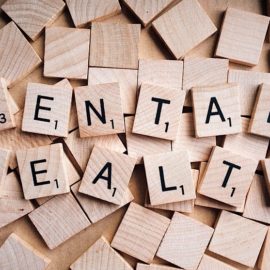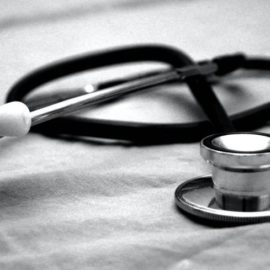

This article is an excerpt from the Shortform summary of "Expecting Better" by Emily Oster. Shortform has the world's best summaries of books you should be reading.
Like this article? Sign up for a free trial here .
<1% of women in the US have a home birth. If you’re high risk (breech, twins, gestational diabetes), you’ll probably need a hospital birth, as it’ll be hard to find a midwife to attend a risky birth.
But if you can have a home birth, should you have one? Learn the advantages and disadvantages of home birth here.
Home birth supporters will say that delivering at home is how it’s been traditionally done. It’s more comfortable, and you don’t risk the hospital forcing you to get a treatment you don’t want. Studies also show that births at home show fewer vaginal tears and lower infection rates.
In contrast, hospitals are useful for interventions – emergency C-sections, Pitocin to reduce hemorrhage, epidurals, doctors who have seen plenty of unique birth situations before.
Research is mixed on infant death and outcomes on home birth vs hospital birth.
Up to a third of mothers planning first-time home births change their mind during labor and deliver in the hospital. This abrupt transition will probably be more disruptive than starting in the hospital.
If you do choose home birth, Oster suggests working with a certified nurse-midwife, who will have the most training and certification. Certified professional midwives don’t have a nursing degree, and direct entry midwives don’t have a college degree and no license.
A good compromise – your hospital may have a more comfortable birthing center, a comfier room with a tub, a bigger bed, and less fetal monitoring.
———End of Preview———

Like what you just read? Read the rest of the world's best summary of "Expecting Better" at Shortform . Learn the book's critical concepts in 20 minutes or less .
Here's what you'll find in our full Expecting Better summary :
- Why much parenting advice you hear is confusing or nonsense
- The most reliable way to conceive successfully
- How much alcohol research shows you can drink safely while pregnant (it's more than zero)
- The best foods to eat, and what foods you really should avoid






